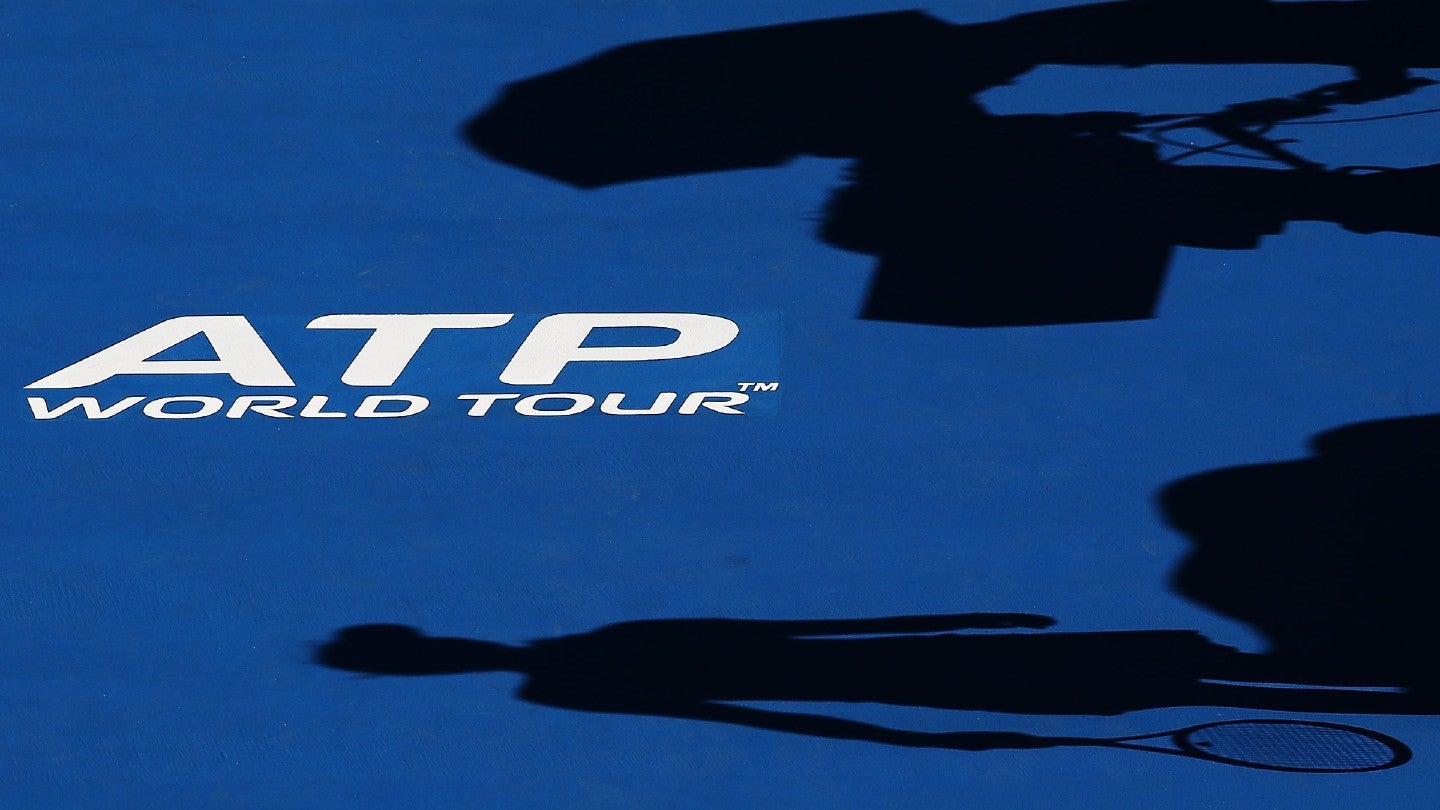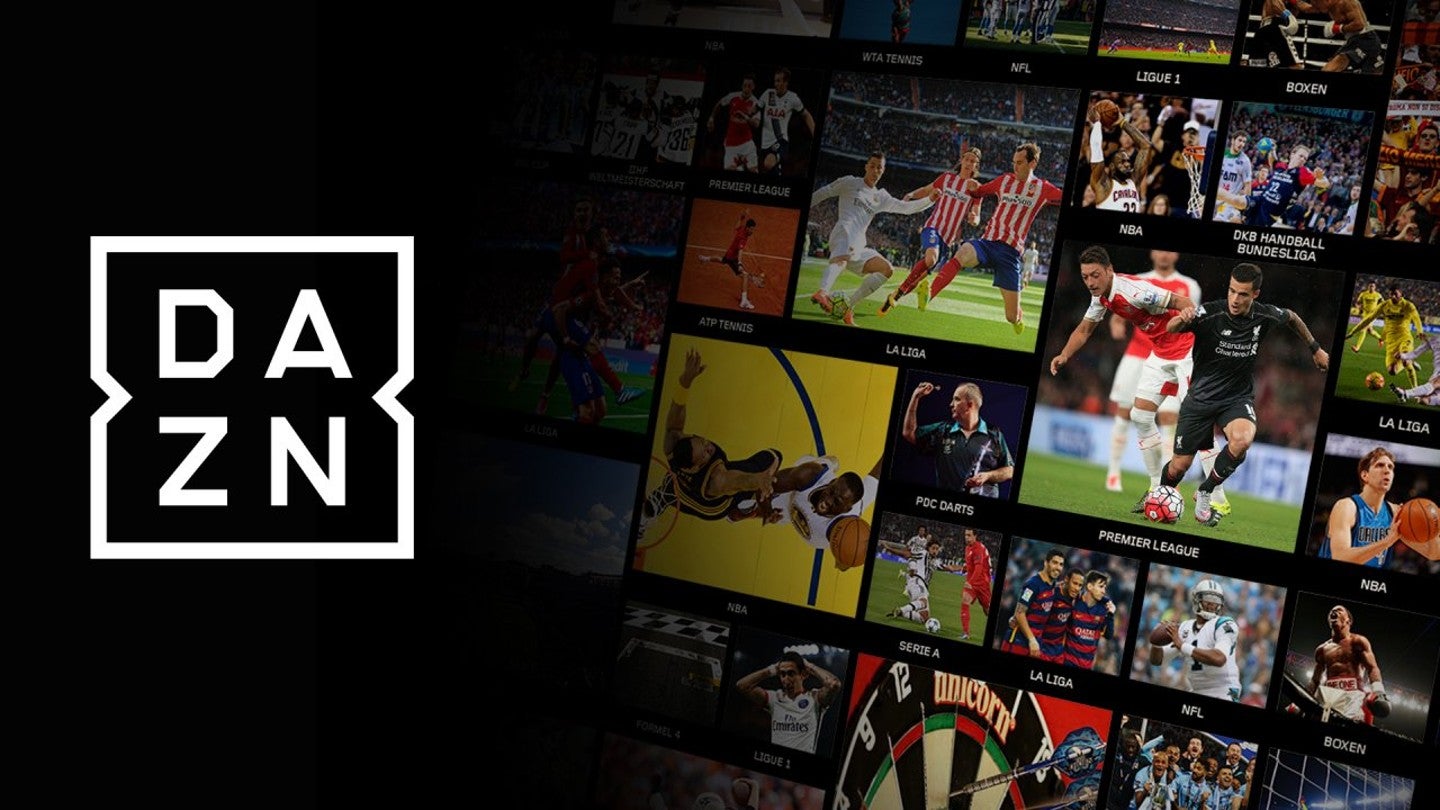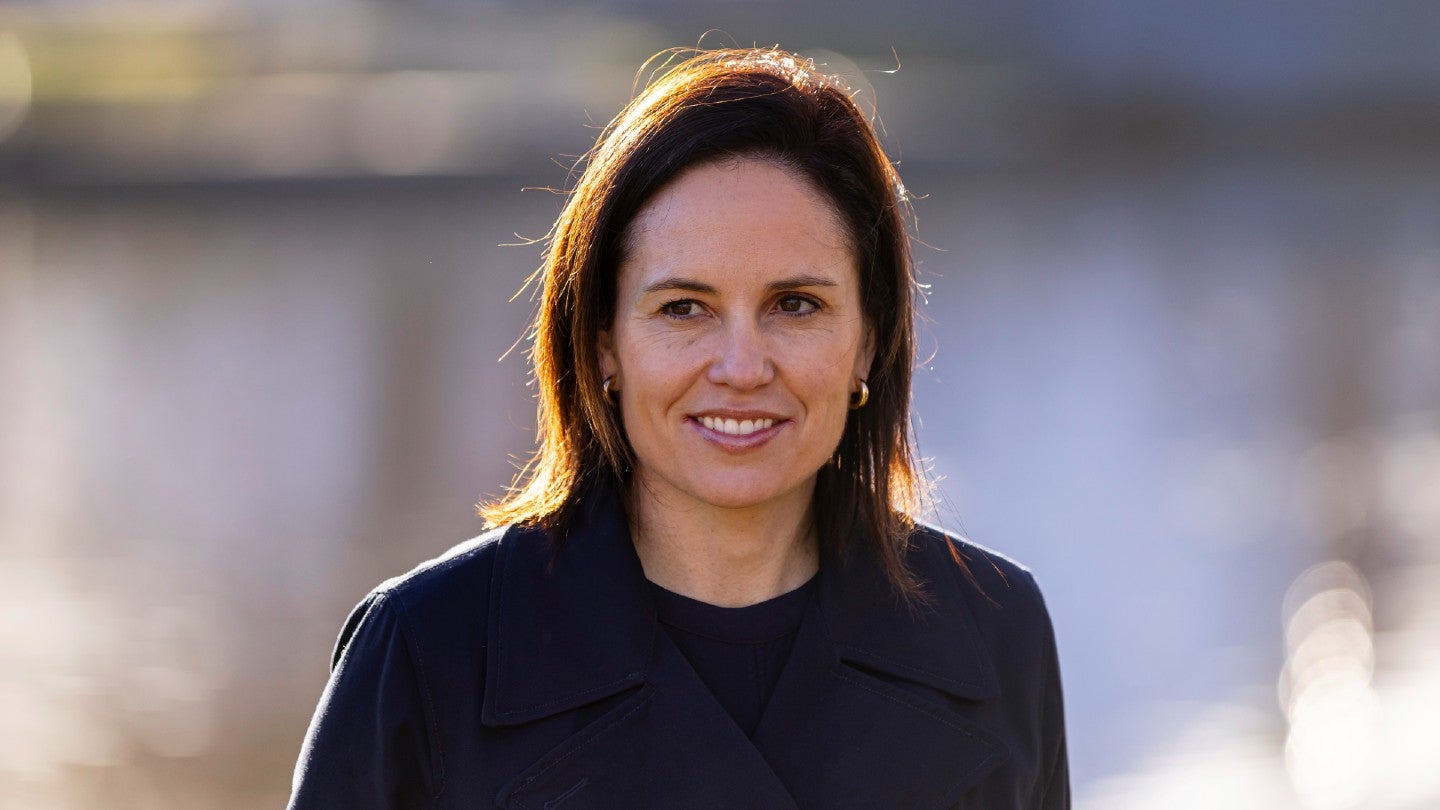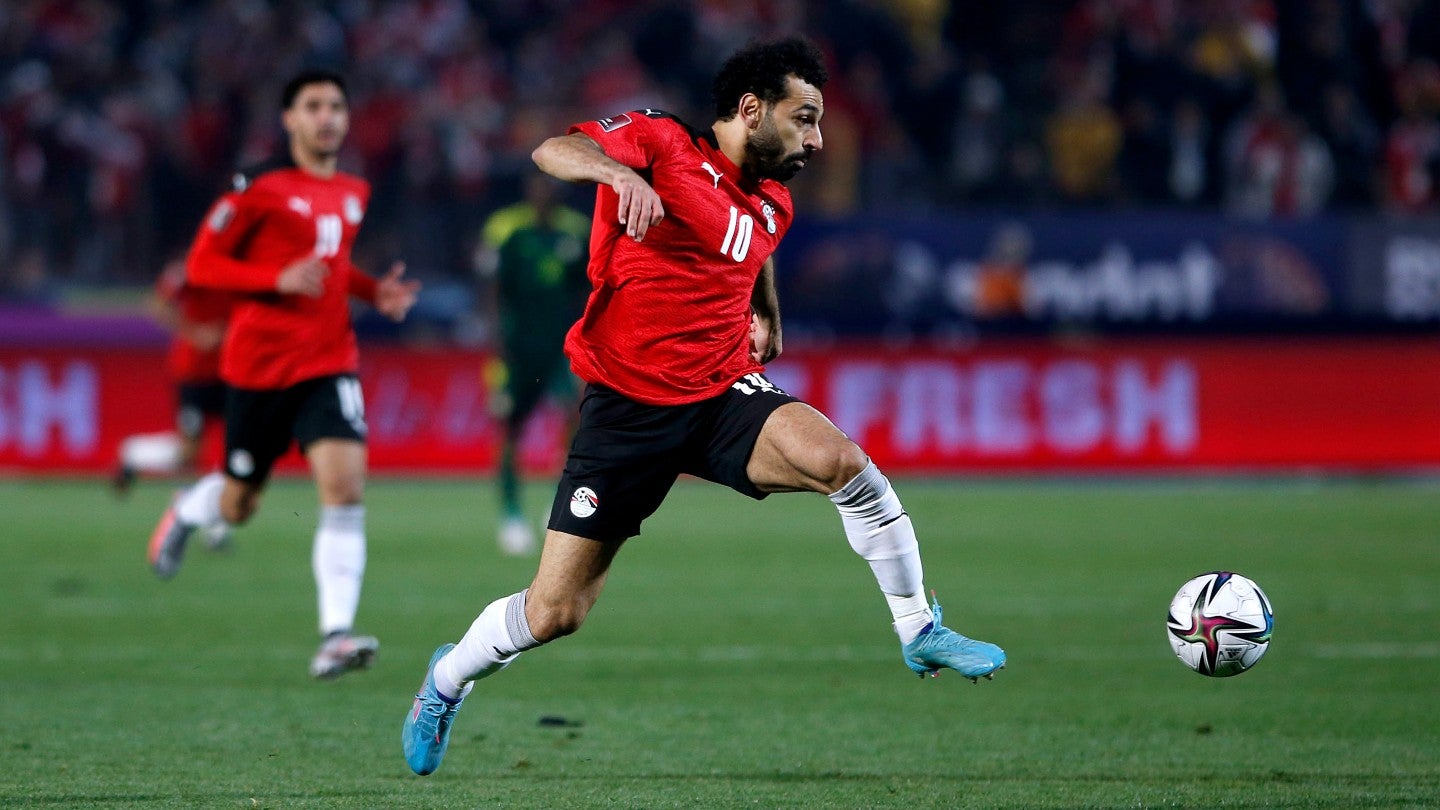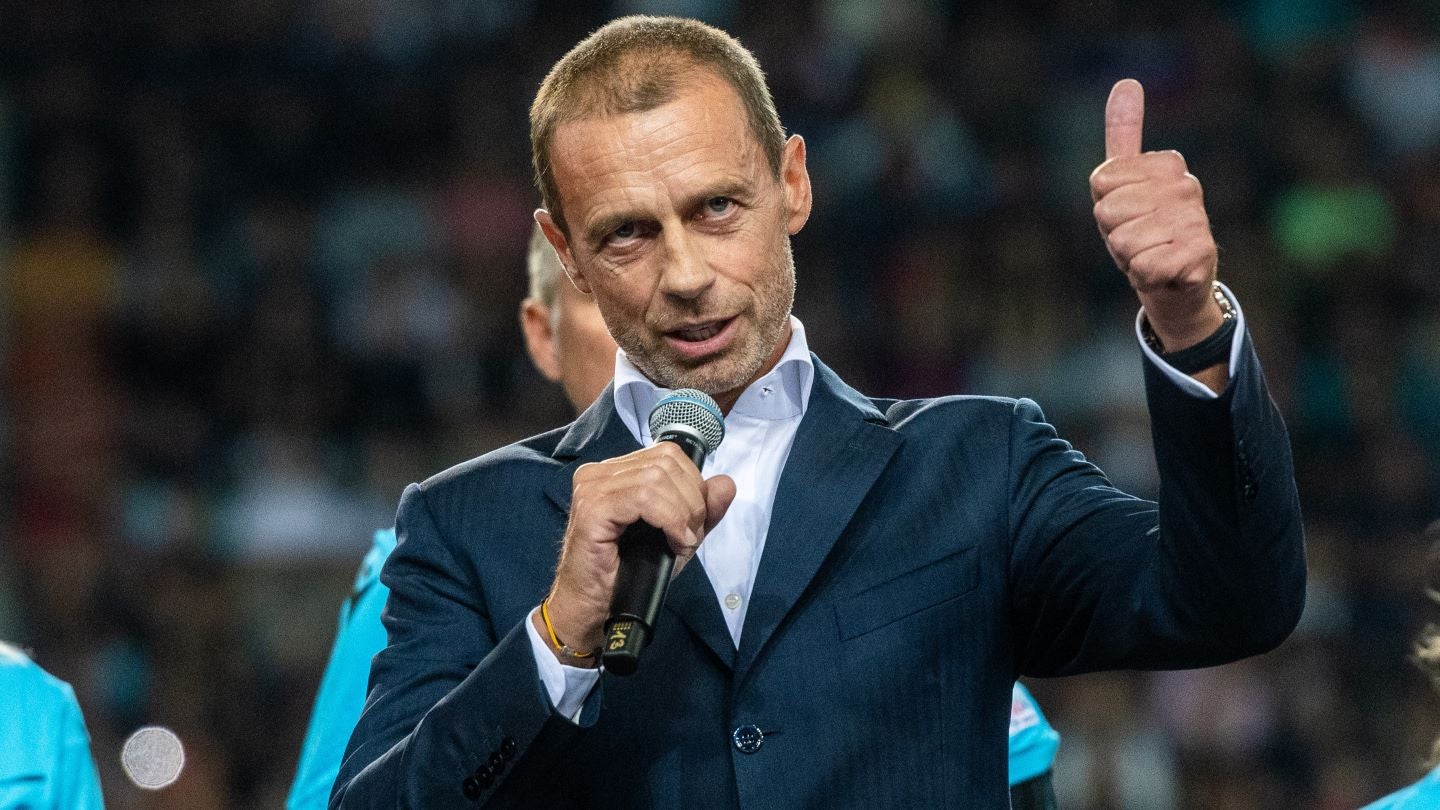The DFL, the German soccer league, has been given the go-ahead to begin talks with potential investors after clubs in the top-flight Bundesliga and second-tier 2. Bundesliga narrowly voted in favor of the move yesterday (December 11).
Of the 36 clubs that comprise the top two divisions, 24 voted in favor, achieving the required two-thirds majority by just one vote. Ten voted against, while two abstained in the secret ballot.
This was the second attempt by the DFL to secure outside investment this year after clubs previously voted against the idea in May.
The league will “conduct negotiations in the coming months” over a strategic marketing partnership with a private equity firm with a view of selling a share in their commercial rights over the next 20 years.
The DFL has reportedly invited five investment companies to submit bids - CVC Capital Partners, Blackstone, Bridgepoint, EQT, and Advent. The process is scheduled to be completed by the end of March 2024.
The potential deal will see the DFL sell a maximum stake of 8% in a new subsidiary that will manage the league’s media rights. The body will seek an investment of up to €1 billion ($1.09 billion) in the entity, significantly lower than the figure it was seeking previously.
The league hopes to use 40% of the generated revenue for digitalization and 45% to improve the infrastructure of the 36 teams. The remaining 15% would be free to use by the individual clubs.
It was always envisaged that a potential sale of a share in the DFL’s media rights would have to be concluded before April as the league will go to market with its next cycle of domestic broadcasting rights for the 2025-2026 to 2028-2029 seasons.
Last month, the DFL revealed several guidelines - which it called "red lines" - and made it clear that it will not sell a share in its organization but will offer "a temporary minority interest in licensing revenue from the sale of the DFL's commercial rights to safeguard the clubs’ interests."
The league stated that models of this kind are not new in soccer and pointed to how clubs have used marketing partners to provide support over the last 20 years. The Sportfive agency, for example, is a prominent player in the Bundesliga in this area and works with several clubs.
The DFL also outlined that once the temporary minority interest expires, the licensed rights would automatically return to the body.
It added: "Unlike in the case of borrowing outside capital, for example – already ruled out by the DFL governing bodies – there would be no need to repay the growth capital (including interest), which would pose challenges for future generations of league and club officials. Instead, the capital would be covered via the temporary interest of a partner."
The league’s initial plan for private investment into a media rights sales subsidiary would have seen around €2 billion paid for a 12.5% stake in the vehicle, which would have been called DFL MediaCo.
The entity would have managed and sold the league’s broadcast rights for 20 years - and taken 12.5% of the profits from those sales.
Of the €2 billion, 40% would have remained with the DFL to help it increase the league’s international and digital content efforts. This would have included the creation of a video content platform for a more youthful, international audience.
The other 60% would have gone to the clubs, with a sizeable proportion ring-fenced for infrastructure (meaning it could not have been spent on player transfers).
The DFL’s joint chief executives Marc Lenz and Steffen Merkel have been strongly advocating for outside investment since taking charge earlier this year and are mainly focused on the “long-term development” of German soccer.
Germany’s biggest clubs, Bayern Munich and Borussia Dortmund, are also in favor of securing an investment deal to grow the international appeal of the Bundesliga.
In a recent interview, Dortmund’s managing director Carsten Cramer said: “We are a club that is convinced that the private equity money the Bundesliga is looking for is sensible because there are some investments necessary which can't be done by the Bundesliga or the clubs.
“If we want to invest in more international awareness, digitalization, and even sustainability, it costs you more than you can earn. That is really challenging and we’re able to do it by ourselves and Bayern Munich are as well, but there are so many other clubs [who can’t], and we must do it collaboratively as 36 clubs.
“If we commit to sustainability, if we want to gain growth internationally, we must spend more, but we don't have the money and the financial sources to do it. Therefore, I am convinced that a private equity firm would be helpful to deliver the money, but also the professional experience and the know-how which might take the Bundesliga to the next level.”
However, the idea of investment has not gone down well with some fans in the Bundesliga, with protests taking place and banners and slogans being held up at certain matches in recent weeks.
Read: In the Boardroom with Borussia Dortmund
Bundesliga returns to position of strength as global growth efforts bear fruit
In the Boardroom with Bayern Munich




